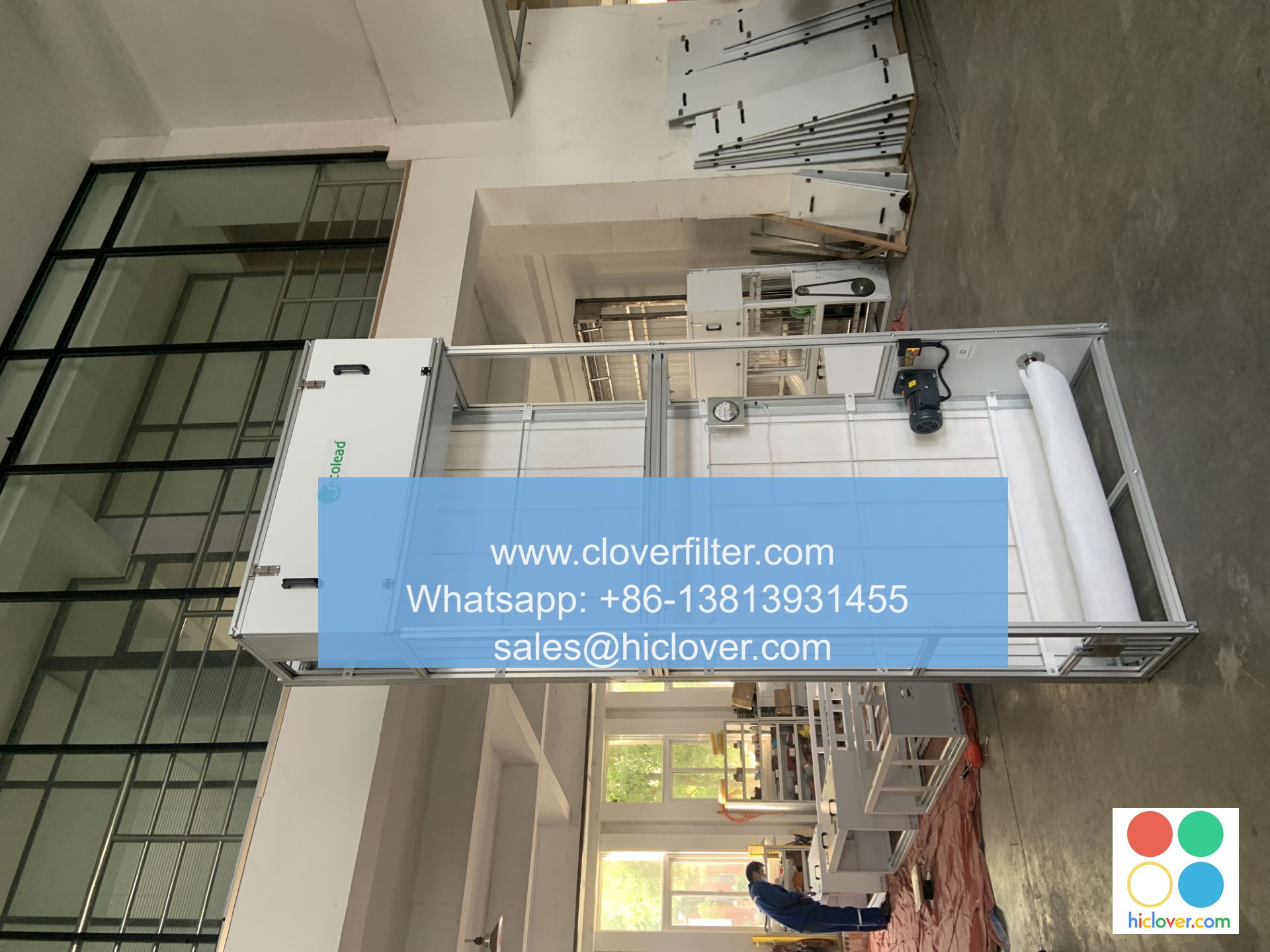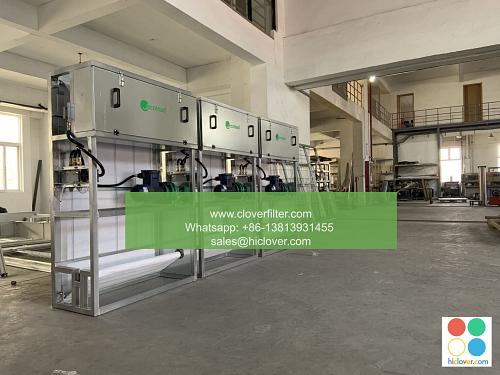Air Filter FAQs: Common Questions Answered

Air filters are an essential component of any heating, ventilation, and air conditioning (HVAC) system, playing a crucial role in maintaining indoor air quality (IAQ) and ensuring the overall health and comfort of occupants. In this article, we will address some of the most frequently asked questions about air filters, highlighting various application areas and exploring the importance of air filtration systems in different settings.
What is the Purpose of an Air Filter?
The primary purpose of an air filter is to remove airborne contaminants such as dust, pollen, mold, and bacteria from the air, improving indoor air quality and reducing the risk of respiratory problems. Air filters are designed to capture particulate matter (PM), including PM2.5 and PM10, and prevent them from circulating in the air.
Types of Air Filters
There are several types of air filters available, each with its own unique characteristics and application areas. Some of the most common types of air filters include:
* Fiberglass air filters: These filters are inexpensive and effective against larger particles such as dust and pollen.
* Pleated air filters: These filters are more efficient than fiberglass filters and can capture smaller particles such as mold and bacteria.
* HEPA air filters: These filters are highly efficient and can capture 99.97% of particles as small as 0.3 microns, making them ideal for medical facilities and cleanrooms.
* Activated carbon air filters: These filters are designed to capture gases and odors and are often used in commercial kitchens and industrial settings.
How Often Should I Change My Air Filter?
The frequency of air filter replacement depends on various factors, including the type of filter, usage patterns, and environmental conditions. As a general rule, air filters should be replaced every 1-3 months, depending on the manufacturer’s recommendations. Failing to replace the air filter regularly can lead to reduced airflow, increased energy consumption, and poor indoor air quality.
What are the Benefits of Using an Air Filter?
The benefits of using an air filter are numerous and include:
* Improved indoor air quality
* Reduced risk of respiratory problems
* Increased energy efficiency
* Extended equipment lifespan
* Improved overall health and comfort
Applications of Air Filters
Air filters have a wide range of application areas, including:
* Residential buildings
* Commercial buildings
* Industrial facilities
* Medical facilities
* Cleanrooms
* Commercial kitchens
In conclusion, air filters are an essential component of any HVAC system, playing a crucial role in maintaining indoor air quality and ensuring the overall health and comfort of occupants. By understanding the different types of air filters, their application areas, and the importance of regular air filter replacement, individuals can make informed decisions about their air filtration systems and enjoy the benefits of cleaner air and improved health. It seems like you didn’t include a prompt. Please go ahead and provide one, and I’ll do my best to assist you!

